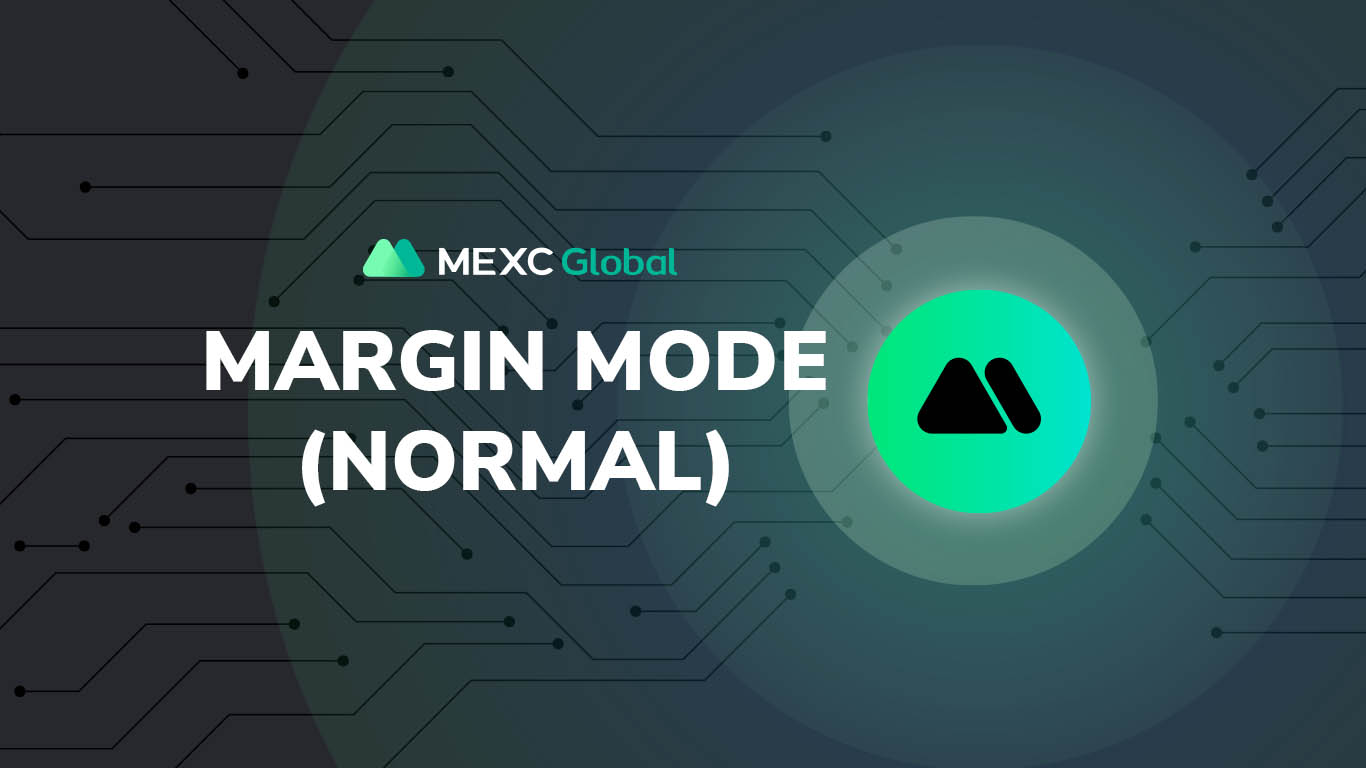The recent clash between Binance, and Nigeria’s Central Bank (CBN) sheds light on the ongoing struggle between regulators and the crypto community, especially when it comes to Peer-to-Peer (P2P) crypto trading in Nigeria.

Nigeria’s Crypto Scene
Nigeria has been buzzing with crypto activity, thanks to its tech-savvy youth looking for new financial opportunities. A report from 2021 showed a massive jump in Nigeria’s crypto transactions, indicating a growing interest in digital currencies. But this excitement hit a roadblock with the Central Bank.
CBN’s Ban
In February 2021, the CBN threw a curveball by telling Nigerian banks to stop handling cryptocurrency transactions. They were worried about things like money laundering, terrorist financing, and how crypto could shake up the financial system. This move made it tough for Nigerians to get into crypto, as banks couldn’t process transactions for crypto exchanges anymore.
Binance Stepped In
When the CBN slammed the door, Binance seemed like a ray of hope for Nigerian crypto fans. Binance is famous for its huge user base and range of services, offering Nigerians a way to trade crypto directly with each other, dodging the usual banking channels and the CBN’s rules.
CBN Fights Back
But the CBN wasn’t about to back down. In April 2024, news broke about a legal showdown between Binance and the CBN. While we don’t have all the details, it seems the CBN wants to rein in Binance’s P2P activities in Nigeria, arguing that they fuel the very problems they were trying to stop – like money laundering and terrorist financing. Binance, on the other hand, insists they follow the rules and that P2P trading helps Nigerians join the global digital economy.
The Fallout: Lots of Questions
This legal battle isn’t just about two big players – it affects everyone involved. Here’s what’s at stake:
- Less Access for Nigerians: If Binance loses, Nigerian crypto traders could lose a major platform. This might push people to use riskier, unregulated ways to buy and sell crypto. Already, Binance has stopped P2P trading for Nigerian users on its platform.
- Scared P2P Traders: A win for the CBN makes P2P trading harder in Nigeria. Other platforms are steering clear of Nigeria to avoid trouble.
- A Global Impact?: The outcome here could set the stage for other countries to tighten their crypto rules too. That might slow down P2P trading around the world.
HTX’s Move
HTX, a big crypto exchange, recently pulled its P2P services for Nigerians after the Binance-CBN fight. This has folks wondering: Could other platforms do the same?
Why It Matters:
- Binance vs. CBN: The clash between Binance and Nigeria’s Central Bank has shaken up the crypto scene in Nigeria. The CBN is worried about money problems crypto could cause.
- HTX’s Decision: Scared of trouble with the CBN, HTX decided to play it safe and stop P2P trading for Nigerians. This shows how worried the industry is about the CBN’s rules.
What’s Next?
The future is murky. It’s too soon to say what the courts will decide, and Nigeria’s crypto rules could keep changing. But a few things seem likely:
- More Rules: Regulators everywhere are keeping a closer eye on P2P crypto trading. Expect more checks and reporting in the years ahead.
- P2P Changes: Platforms will adapt to the new rules. We might see new ways to trade crypto that don’t rely on banks, but they’ll need to keep things safe for users.
- Teamwork: To keep P2P trading healthy, everyone needs to talk. The CBN, crypto platforms, and Nigerians who love crypto should work together to find a way forward that keeps everyone happy.
What Could Happen Next?
It’s hard to say which platforms might follow HTX’s lead. But here’s what to think about:
- How Brave They Are: Some platforms might stick around in Nigeria, hoping things get better. Others might decide it’s not worth the risk.
- How Safe They Play: Platforms that follow the rules closely might feel safer sticking around. But smaller ones might not want to take the chance.
- How Big They Are: Big platforms that work all over the world might be okay with losing Nigeria. But smaller ones might feel the pinch more.
Conclusion
The future of P2P crypto trading in Nigeria is still up in the air. To keep things on track, everyone needs to talk and work together. That way, Nigeria can find a way forward that works for everyone and sets a good example for the rest of the world.
Personal Note From MEXC Team
Check out our MEXC trading page and find out what we have to offer! There are also a ton of interesting articles to get you up to speed with the crypto world. Lastly, join our MEXC Creators project and share your opinion about everything crypto! Happy trading! Learn about interoperability now!
Join MEXC and Start Trading Today!



